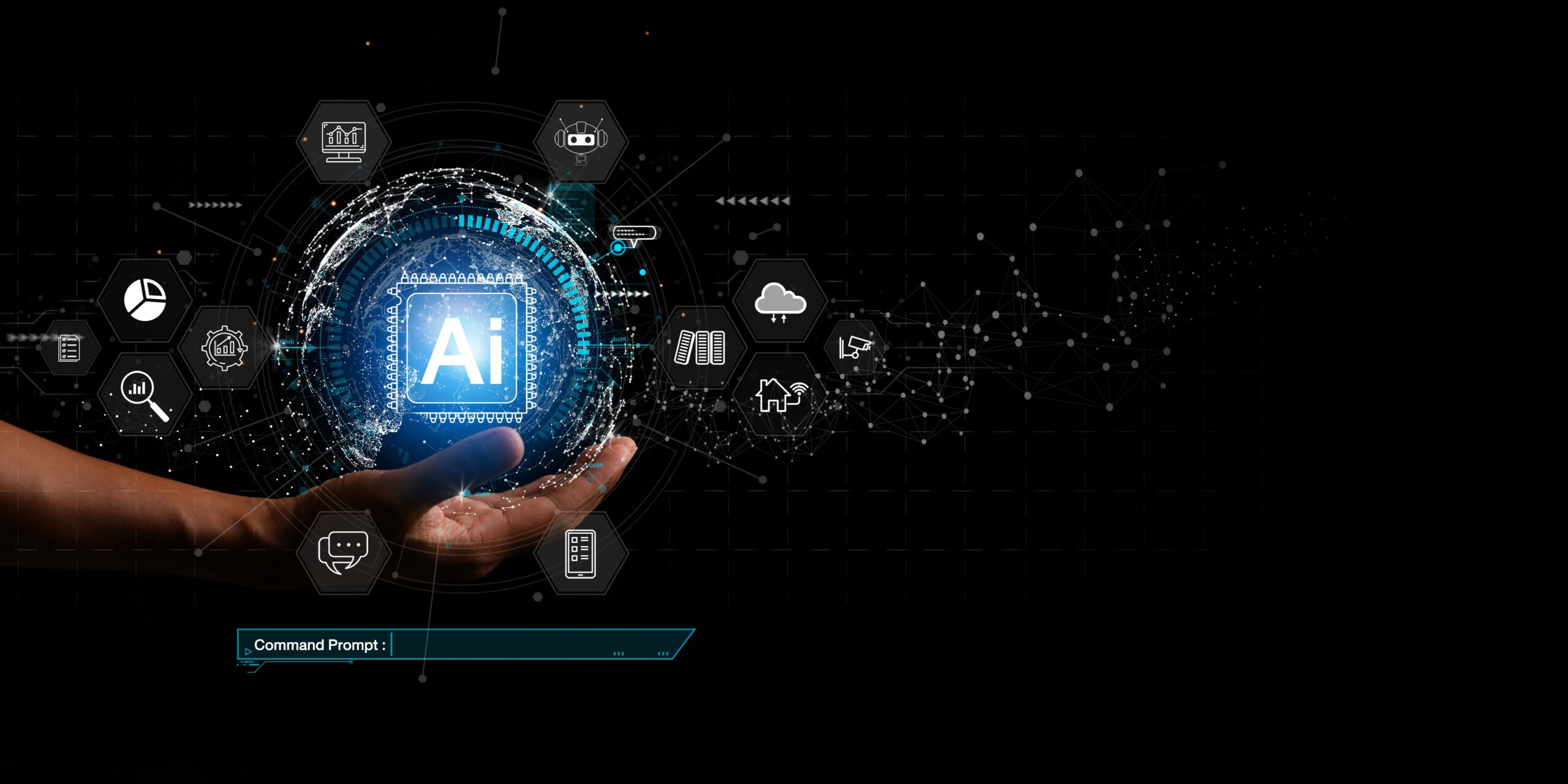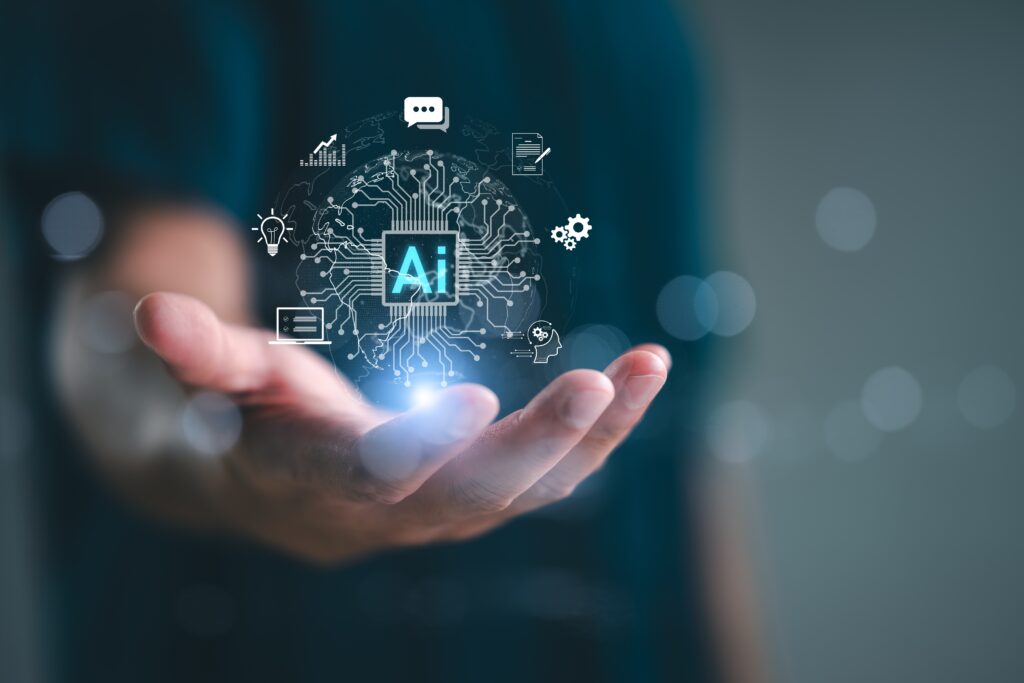
Top 10 Skills for Tech Innovators in a Post-AI World
The rise of AI hasn’t just changed how we build technology — it’s changed what it means to be innovative. In a world where machines can now code, write, design, and predict, what skills will set the next generation of tech innovators apart? This article explores the top 10 human-centric, future-proof skills that will define success in a post-AI era — where creativity, ethics, systems thinking, and collaboration matter more than ever.
Outline
- Why Skills Are Changing in a Post-AI World
- Problem Framing & Systems Thinking
- Human-Centred Design
- Ethical and Responsible Innovation
- AI Fluency (Not Just Coding)
- Data Storytelling
- Creative Collaboration
- Digital Curiosity & Continuous Learning
- Entrepreneurial Resilience
- Tech Translation (Bridging Tech & People)
- Leading with Purpose
- Final Thoughts: Innovation with a Human Edge
Why Skills Are Changing in a Post-AI World
AI can now:
- Write basic code
- Create designs
- Generate marketing content
- Analyse huge datasets
- Detect anomalies
But AI doesn’t know your customers, your values, your context — or how to frame messy, real-world problems. That’s where human innovators come in.
💡 In a post-AI world, it’s not about beating machines — it’s about building with them.
Problem Framing & Systems Thinking
The ability to define the right problem is more valuable than ever.
AI can solve problems, but it can’t frame them with nuance, ethics, or strategic vision.
This means:
- Seeing the big picture
- Understanding how tech, society, policy, and people interact
- Designing sustainable, scalable solutions
Tech that changes the world starts with asking the right questions.
Human-Centred Design
Even the smartest AI won’t succeed if it’s unusable or irrelevant.
Human-centred design is the skill of:
- Empathising with real users
- Designing accessible, intuitive experiences
- Iterating based on feedback and context
In the age of automation, empathy is a superpower.
Ethical and Responsible Innovation
Tech innovators must now navigate:
- Bias in algorithms
- Data privacy laws
- Climate and social responsibility
- AI explainability and accountability
You don’t need to be a legal expert — but you do need to build with transparency, ethics, and fairness in mind.
Being “cutting-edge” is pointless if it’s not trustworthy.
AI Fluency (Not Just Coding)
Understanding how AI works is now a core innovation skill — even if you’re not an ML engineer.
You should know:
- What AI is good at (and what it’s not)
- How to evaluate and implement AI responsibly
- How to collaborate with AI tools as co-creators
AI is a tool — but only if you know when and how to use it.

Data Storytelling
Raw data doesn’t change minds — stories do.
Innovators who can communicate insights clearly will stand out.
This includes:
- Visualising trends and trade-offs
- Tailoring messages to stakeholders
- Making data actionable, not overwhelming
If you can’t tell the story, the innovation may be lost in translation.
Creative Collaboration
As teams become more interdisciplinary, success will depend on:
- Working with designers, scientists, marketers, ethicists
- Listening actively
- Navigating conflict and ambiguity
Innovation isn’t a solo act — it’s a team sport.
In a world of digital co-workers and global teams, collaboration is currency.
Digital Curiosity & Continuous Learning
With tech evolving daily, the best innovators are:
- Self-taught
- Willing to experiment
- Comfortable being uncomfortable
Whether it’s learning no-code tools, new APIs, or sustainability metrics — curiosity is the edge.
The post-AI world doesn’t reward what you know — it rewards how fast you learn.
Entrepreneurial Resilience
AI makes building faster — but the emotional rollercoaster of innovation hasn’t changed.
You’ll still face:
- Rejection
- Pivoting
- Limited resources
- Market unpredictability
What matters is your grit, adaptability, and ability to stay mission-driven under pressure.
Innovation requires optimism in the face of chaos.
Tech Translation (Bridging Tech & People)
Being able to bridge the gap between complex tech and human understanding is a rare skill.
Whether pitching to investors, onboarding users, or aligning teams, the ability to speak both tech and human is vital.
The best innovators are part engineer, part storyteller.
Leading with Purpose
Finally, in a world where AI can do more, why you innovate matters.
People are drawn to leaders who:
- Solve meaningful problems
- Champion ethical design
- Build inclusive and sustainable futures
The best tech isn’t just intelligent — it’s intentional.
Final Thoughts: Innovation with a Human Edge
The post-AI world won’t just belong to those who can code faster. It’ll belong to those who can:
- Think deeper
- Collaborate across silos
- Design with empathy
- Adapt with purpose
- Lead with vision
💬 In a world where machines can build, it’s the human spark that creates lasting impact.